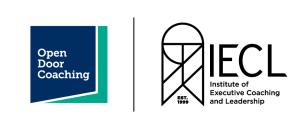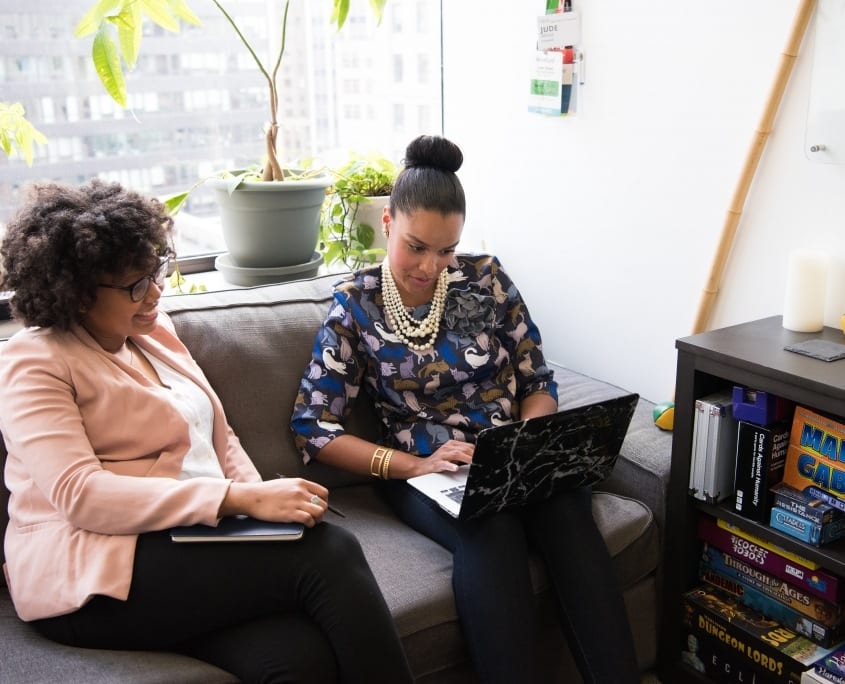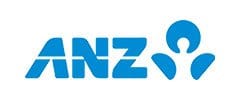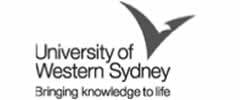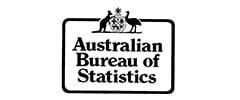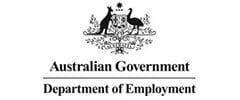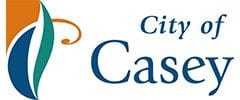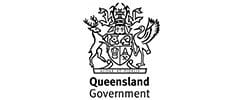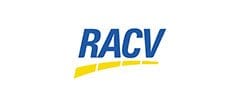A 100% better way to do performance conversations seems like a big claim. And we know that a lot of you are taking a coaching approach to performance conversations. However, research from Gallup (www.gallup.com) suggests:
- only 14% of employees strongly agree their performance reviews inspire them to improve;
- and estimate it costs $2.4 million to $35 million a year in lost working hours for an organization of 10,000 employees to take part in performance evaluations
Clearly there must be a better way!
Given the research, there must be a better way. We cover this topic extensively in our Certificate IV in Workplace and Business Coaching (10834NAT) program. But, let us summarise the ideas here.
Performance conversations can be random, unplanned and often re-scheduled. Therefore, we want to move to:
- A regular approach to discussing performance;
- An approach where feedback is given (and received) on a regular basis;
- Feedback that is focussed on continuous improvement;
- The employee or team member taking responsibility for their performance and reporting back;
- Performance discussions being ‘common’, rather than just annual events.
It makes sense, but we still struggle
With this in mind, much of what we are suggesting will make sense. However, managers still struggle with having a regular performance conversation. In response, that’s where our coaching model for performance conversations comes in very handy. Rather than stumbling through the process, or just ticking boxes. You will find it a 100% better way to do performance conversations. In short, is because we are taking a coaching approach to the conversation. By asking high quality questions of the employee or team member, we give the employee or team member an opportunity to reflect. In addition, you can then provide your input as part of a two-way conversation.
The Coaching Model for Performance Conversations
There are four parts to our Coaching Model for Performance Conversations. These are:
- Proud
- Challenges
- Improvement
- Plan
Your job as a coach is to ask high quality questions around these four topics. By the way, it is a good idea to give these questions to your team member, prior to the conversation. Doing this allows them to reflect and to come to the meeting prepared. It is also important to follow the order of the topics, because one builds upon the next.
Coaching questions for performance conversations
Your performance conversation will be 100% better if you ask some, or all of, the following questions under the topic headings.
Proud:
- What are you proud of?
- Share with me, what is going well?
- What have you achieved?
- How are you playing to your strengths?
- Where/what do you need to celebrate?
Challenges:
- Where are you experiencing challenges?
- What has been the impact of these challenges?
- How did you overcome those challenges?
- In terms of workload, what is still outstanding?
- Which of you strengths can you call on to overcome these challenges?
Improve:
- Which areas do you want to improve?
- What can you focus on for continuous improvement?
- How would you like to change or what would you like to do differently?
- What would be the benefit of these changes?
Plan:
- So, what is the plan to move forward?
- In terms of next steps, what have you done so far to move forward?
- What goals do you need to put in place for the next 2,3,6, months?
- When you think of resources, what do you need?
- How can I support you?
Regular conversations are the key
The other thing to consider, is that if the conversation you are having is around a person’s mental health, then we suggest you build skills in this area. Open Door’s Mental Health First Aid program provides essential skills for having these conversations.
On the whole, regular conversations are the key to high performance. Research suggests that this is what employees actually want from their managers. Therefore, using one or more of the questions above during regular conversations builds up a habit of quality conversations. Consequently, over time, this becomes a 100% better way of having a performance conversation.
